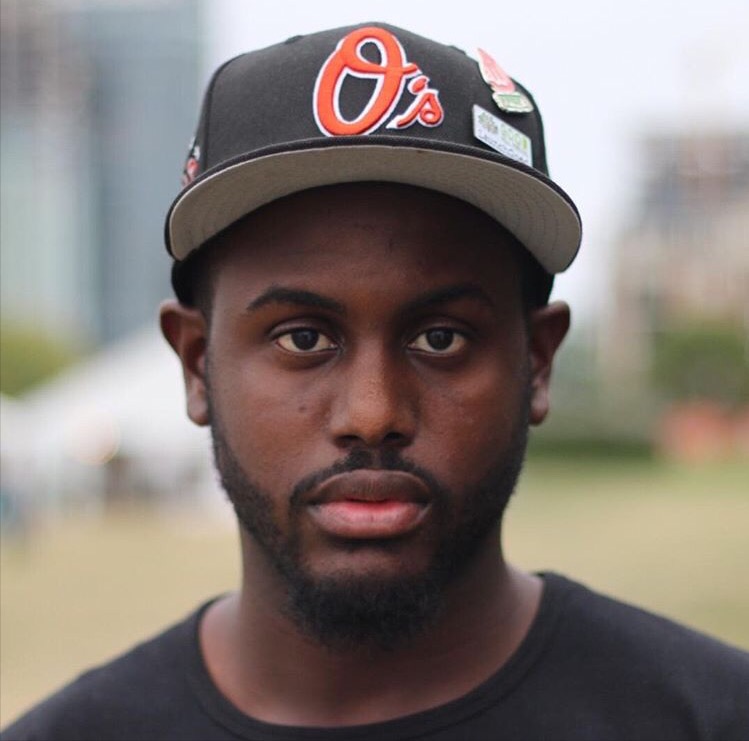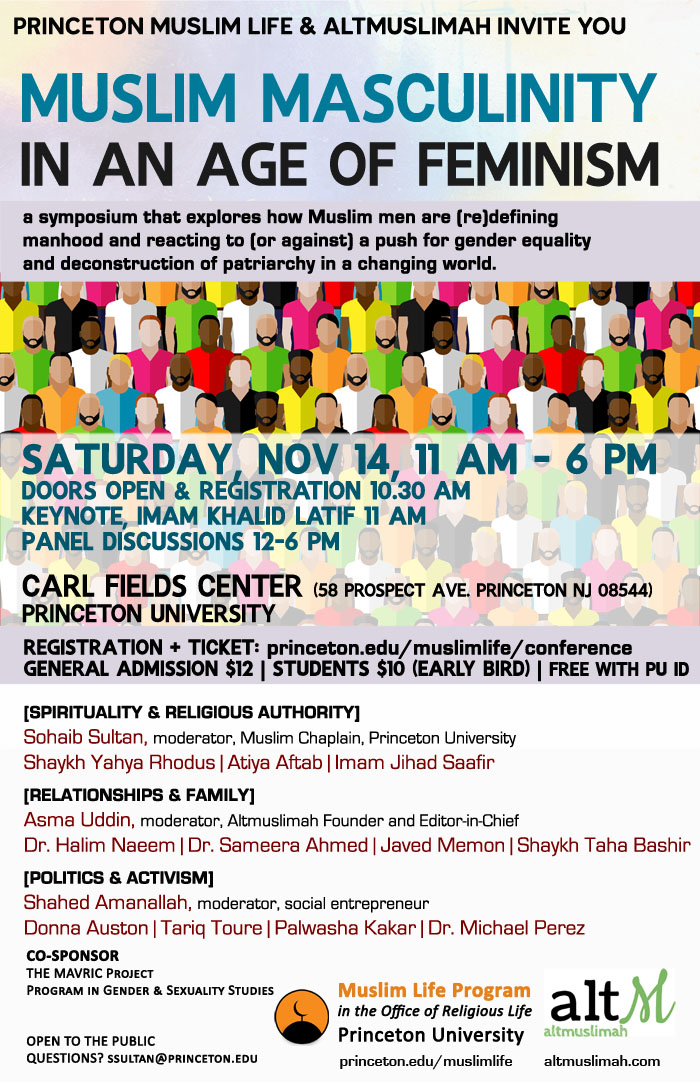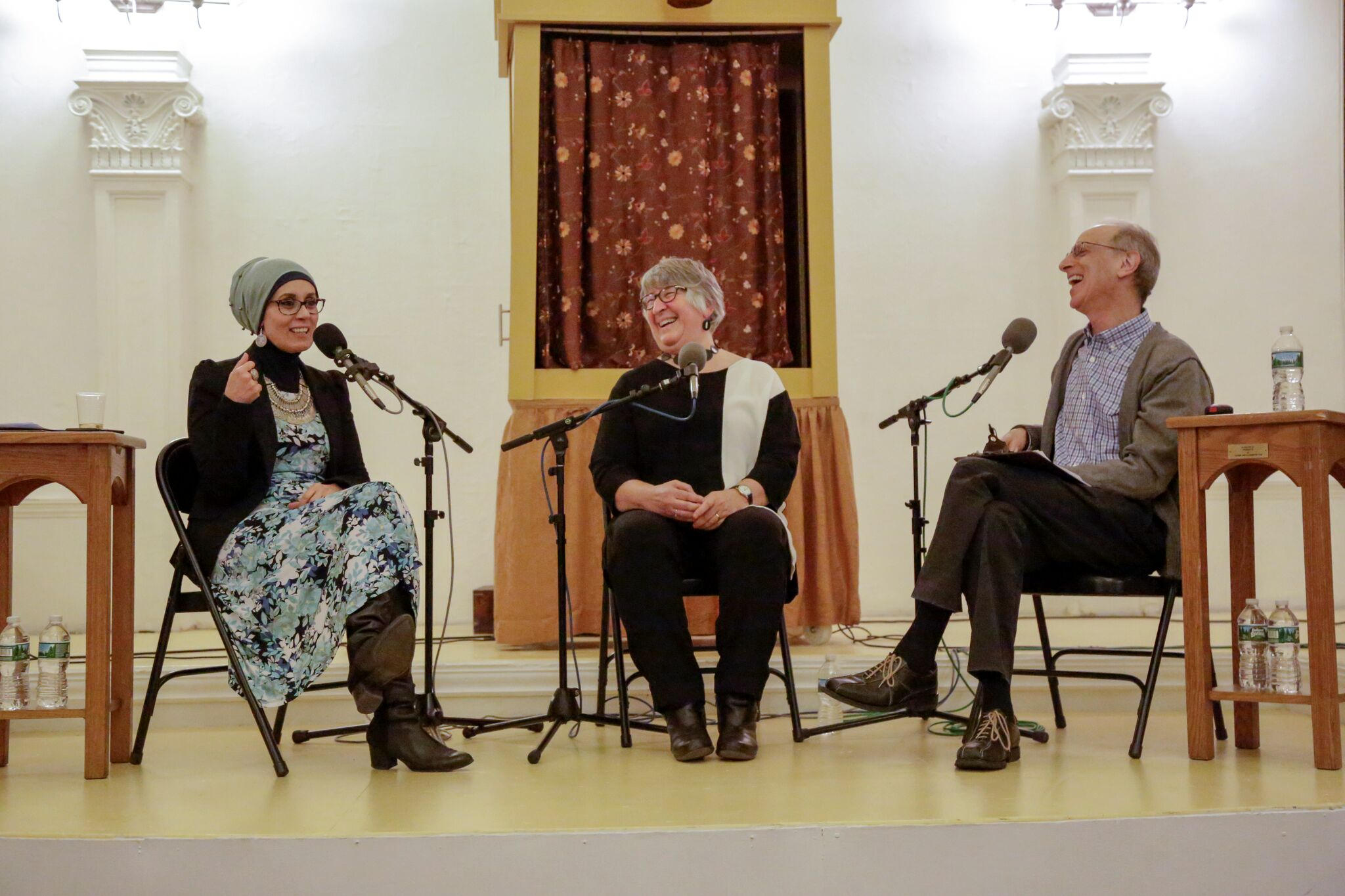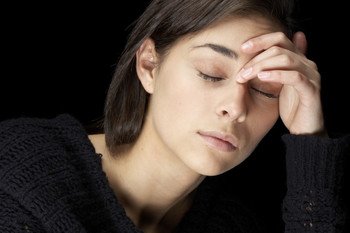Muslim Masculinity in the West in the 21st century is largely understudied. And to date, no research has looked at the ways in which uprisings in the United States have affected Muslim masculinities. Muslim Americans are comprised of various cultures and traditions, each describing masculinity and gender roles differently. Despite the shapeshifting notions of masculinity, one constant is the effect on the opposite gender. While the African American Muslim community has been known for empowered women, many still struggle with exclusion of women within the political sphere. Comprising about a third of the American Muslim community, African American Muslim communities are largely urban and profoundly affected by over-policing, crime, and social disparities. Within 21st century movement building, African American Muslim community leaders must take on a transformative role, one that surpasses the empty rhetoric often surrounding the inclusion of women in the process of governance in masjids and masjid boards. Women from all origins have taken to the streets in demanding equal pay and rallying against domestic abuse and exclusion from the political process.
The most marked area of women taking the lead is in defending Black life, often defending the vulnerability of Black males to state violence.
Black Lives Matter is a movement without a charismatic male leader, and as activists have called for the affirmation of all Black lives and rejection of traditional norms and values, some Muslim Americans have expressed ambivalence toward these organizations. Drawing from some lessons in contemporary movement building, which include self care and healing circles, we must see anti-oppression activism as part of spiritual praxis. For Muslim Americans, this entails a deeper look at the Prophetic model of leadership. Drawing from the Prophetic model, a new vision of African American Muslim Masculinity can have a radical theological implementation, one which can have revolutionary implications in anti-oppression community building.
African American Muslim men in particular, and Muslim men in general, can utilize their masculine privilege in order to buttress the demands of women in social movements. To do this, men must take a radical detour from the dogmatic chains of relating their manhood to the subordination of others, to embrace a notion of manhood related to building power. The impetus as a Muslim community charging forward into a brand new era must be to inspire a new ideology of manhood in our new generation. The relationship between genders must never be seen again as one of superiority and inferiority, but one of agency and elevation.
Tariq Toure will be presenting at the Muslim Masculinity in an Age of Feminism conference:






